8 Types of Recyclables - FAQ
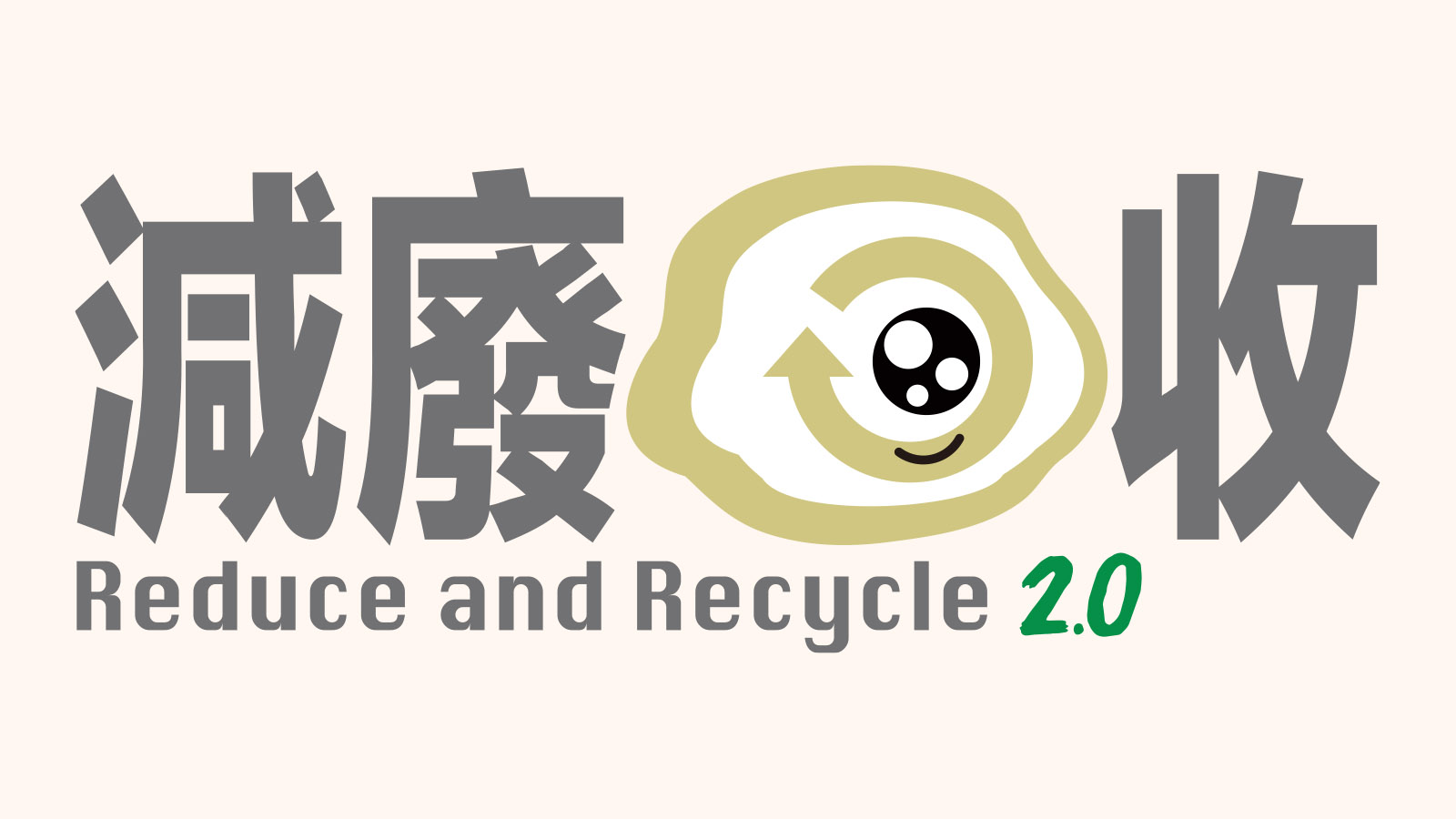
Kerbside Recycling
The recyclables collected from roadside recycling bins, commonly known as three-colour bins, will be delivered to local recyclers for proper handling, including processing them into recycled products or raw materials so that they can be exported or supplied to the local market. Taking plastic as an example, after sorting, washing and shredding, it could be used for local production of plastic strip or pellet. The latter is a kind of raw material for further downstream manufacturing operations.
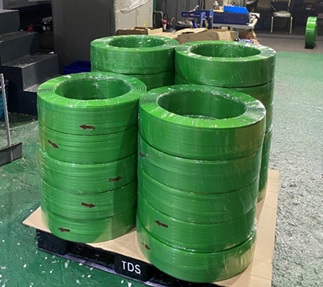
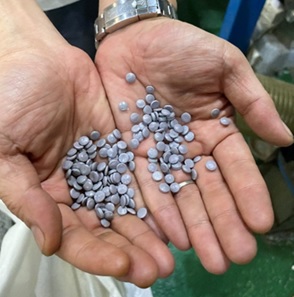
The Government will adjust the collection frequency as well as the number and location of the three-colour bins in public places, taking into account various factors such as street conditions, pedestrian circulation, quality and quantity of recyclables recovered, bin-overfilling reports, etc. For enquiries, please call 1823.
GREEN@COMMUNITY
All Recycling Stations, Recycling Stores and Recycling Spots under GREEN@COMMUNITY accept common types of recyclables including paper, metals plastics, glass bottles, regulated electrical equipment, small electrical appliances, fluorescent lamps and tubes, and rechargeable batteries, etc. The collected recyclables are sorted and then delivered to the downstream recyclers for subsequent processing.
Click here for more details of GREEN@COMMUNITY.
Click here to locate the Recycling Stations, Recycling Stores and Recycling Spots.
Due to its light weight and low density, the recycling of styrofoam (or polyfoam) in a cost-effective manner is always challenging. It is thus advisable to use alternatives as far as practicable. Nonetheless, clean and well sorted styrofoam can still be sent to GREEN@COMMUNITY for recycling.
The Hong Kong Association of Youth Development (Tusen Wan District Branch) has run a “Missing Link - Polyfoam Recycling Scheme” for styrofoam recycling. Organisations with large amount of clean and well sorted styrofoam might also contact them for delivery arrangement. For more information, please refer to its Facebook --- https://www.facebook.com/polyfoamrecyclinghk/.
Residential Estates Recycling Programmes
Housing estates and residential buildings with property management companies (PMCs), Incorporated Owners' Committee or Owners' Committee can join the Programme on Source Separation of Domestic Waste (SSDW) by returning a completed Enrolment Form (available at Hong Kong Waste Reduction Website).
https://www.wastereduction.gov.hk/en/apps/ssl/submit_ssw_enrolment.htm
The Environmental Campaign Committee has been distributing waste separation bins free-of-charge to estates/buildings joining the SSDW Programme.
https://www.ecc.org.hk/en/publicity/ppssw_Residential.html
Alternatively, residents of housing estates and buildings can also bring clean and sorted recyclables to GREEN@COMMUNITY and Community Recycling Centres, or mobile recycling points operated by GREEN@COMMUNITY and CRC operators.
Environmental Protection Department (EPD) will provide technical and promotional support to PMCs, such as posters, banners, waste separation bin stickers. With the launching of EPD’s outreaching services, the Green Outreach team will also provide on-site technical and educational support, as well as providing advice on identification of suitable downstream recyclers.
For estates and buildings receiving the free waste separation bins from ECC, the PMCs should place the waste separation bins at noticeable and accessible area(s) within the domain of the estate/building, and ensure the cleanliness, hygiene and maintenance of the bins in order to provide waste separation facility for the residents. The PMCs should arrange periodic collection of recyclable materials for recycling with cleansing contractors or recyclers, and keep their receipts issued by them. We also encourage the PMCs to submit monthly recyclable figures to EPD.
The PMCs, Incorporated Owners' Committee or Owners' Committee will consign the recyclables collected from recycling bins in housing estates, commonly known as three-colour waste separation bins, to local recyclers for proper handling, including processing the recyclables into recycled products or raw materials so that they can be exported overseas or supplied to the local market. Taking plastic as an example, after sorting, washing and shredding, it could be used for local production of plastic strip or pellet. The latter is a kind of raw material for further downstream manufacturing operations. The videos below introduce plastic recycling flow of two public housing estates in Hong Kong Island East and New Territories East as good examples:
Transcript (Chinese only)Although Source Separation of Waste Programme covered over 80% of the places where Hong Kong people live and work, some single block buildings, particularly those in older districts, do not have property management company to manage and implement recycling programmes, or do not have adequate community space to set up waste separation facilities. The establishment of Community Recycling Network (such as GREEN@COMMUNITY, CRCs, and their kerb-side collection points) provides additional outlets for recyclables, and encourages residents living in those buildings to participate in source separation of waste and recycling.
Apart from the commonest types of recyclables (e.g. waste paper, plastic and glass bottles, metals, etc.) accepted by SSDW participating estates/buildings, the CRN outlets also accept other recyclables such as rechargeable batteries, compacted fluorescent lamps and tubes, small electrical appliances, etc.
The Government-appointed Glass Management Contractors (GMCs) provide glass bottle collection services across the territory free of charge, serving residential estates as well as commercial, industrial, and government facilities. If a particular estate wants to set up a glass bottle collection point in the estate, please approach the respective GMC in the region for the collection services required. The contact details of the GMCs are as follows:
| Region | GMC | Hotline | |
|---|---|---|---|
| Hong Kong Island (including Islands District) | Baguio Waste Management & Recycling Limited | 8100 2541 | gmc@baguio.com.hk |
| Kowloon | Hong Kong Glass Reborn Limited | 2116 8648 | enquiries@glassreborn.com.hk |
| New Territories | Baguio Waste Management & Recycling Limited | 8100 2541 | gmc@baguio.com.hk |
Currently, glass bottles recovered are, after treatment, used for producing eco-pavers and cement, used as fill materials in public works, or exported for recycling.
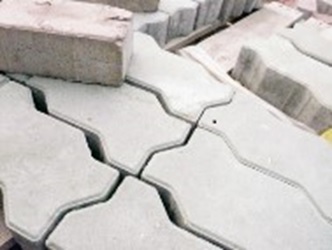
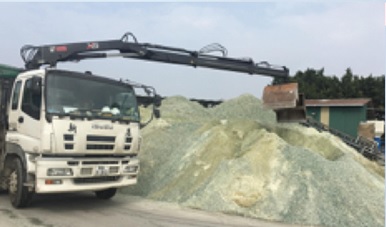
Housing estates which encounter difficulties in identifying downstream recycling outlets for recyclables collected can approach the Community Recycling Centre(s) in the district for assistance. Depending on the quantity of recyclables collected regularly in the estates, the CRC will advise on possible collection arrangement. Individual estates can also deliver the clean recyclables to nearby CRN outlets direct during their operating hours.
Clean Recycling
It is hard to thoroughly clean a vaseline plastic container. However, it can be recycled. Members of the public is encouraged to use up and clear the Vaseline inside the containers as far as practicable.
We encourage members of the public to remove the plastic sheet from paper envelope for recycling. Envelopes can be regarded as office paper (one of the 3-paper). Clean recycling of office paper includes removal of plastic tape, paper clips and other non paper materials.
No. It’s commonly made of composite materials which is not suitable for recycling, though some manufacturers such as Colgate start moving toward using recyclable material.
